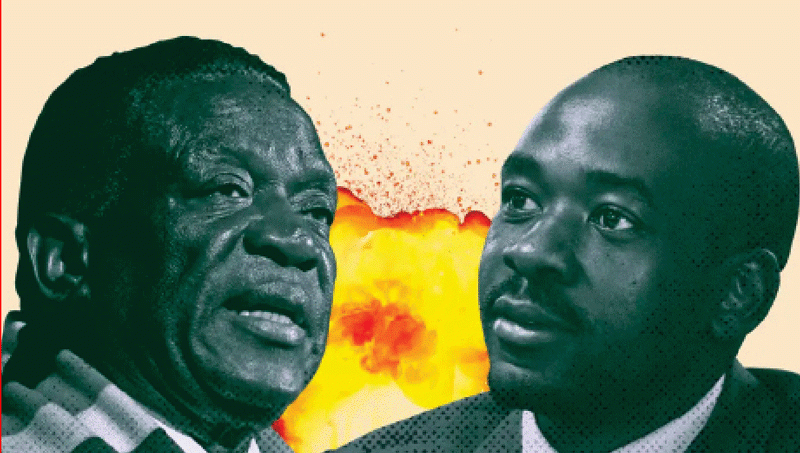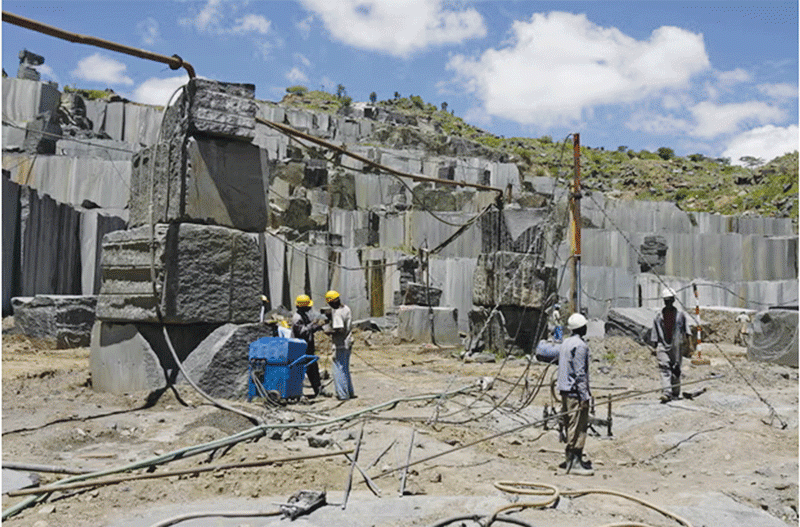
THE European Union Election Observer Mission (EU EOM) has said Zimbabwe’s August 23 and 24 harmonised elections were not credible due to a plethora of anomalies ranging from the curtailment of rights to a lack of a level playing field.
Invited by the government to observe the country’s polls, the EU disclosed that the mission faced significant challenges to meet officials at the national level, including the Zimbabwe Electoral Commission (Zec) which they managed to meet only once.
In its final report on Zimbabwe’s plebiscite, the EU said citizens faced severe restrictions due to a shrinking space for civic activities.
“The August 23, 2023 harmonised elections in Zimbabwe were marked by a curtailment of rights and freedoms and the lack of a level playing field, which limited voters’ ability to make their choices in a genuinely free and pluralistic environment,” the report partly reads.
“A palpable fear of violence underlay the electoral process throughout, and a climate of retribution developed after the elections.”
The report also concurs with the Sadc EOM final report which described the country’s polls falling short of internal, regional and international standards.
“The campaign environment was subdued, but marked by tensions and instances of violence and intimidation, with undue limitations placed on the freedom of assembly, as well as a playing field that was tilted in favour of the incumbent and the ruling party. Most EU EOM observers received reports of Forever Associates Zimbabwe (FAZ) actively intimidating voters throughout the campaign, especially in rural areas,” the report reads.
FAZ, a Zanu PF affiliate led by Central Intelligence Organisation co-deputy director-general, Brigadier-General Walter Tapfumaneyi, is accused of making sure President Emerson Mnangagwa and his party won the polls.
- Worry over assisted voters
- Media challenged to stick to ethical standards
- EU pokes holes into ED election victory
- ED fires deputy minister
Keep Reading
EU added that the election results, which saw Mnangagwa declared the victor, could not be independently verified due to the absence of publicly available data, disaggregated by polling stations and the undermining of the sample-based projection of results which were supposed to have been conducted by citizen observer groups.
Armed police stormed Zimbabwe Electoral Support Network (Zesn) offices in Harare on election day, arrested 40 election monitors and seized computers and other election-related material being used by the poll watchdog to follow the election.
“Until election day, the technical implementation of the electoral process was largely conducted in line with the electoral calendar. However, a lack of guarantees for independence, transparency and significant delays in the opening of a considerable number of polling stations on election day reduced public trust in Zec and the efficiency of the electoral preparations. Throughout the electoral period, Zec’s activities were characterised by a lack of transparency and insufficient communication,” the report further reads.
The EU said the post-electoral environment saw a further deterioration in the human rights situation, due to crackdowns on civil society, with certain human rights defenders and opposition figures targeted.
Since the August polls, Zimbabwe has witnessed a surge in cases of politically-motivated abductions, enforced disappearances and murder of opposition members.
“In this context, comprehensive and meaningful reforms, and the political will to engage in them are necessary on the part of the Zimbabwean authorities to lay the ground for genuine and credible elections in the future,” the EU said, adding that the bloc proposed 21 recommendations, among them to ensure that Zec and its staff are able to operate without political influence at all levels.
The EU has since suspended the US$5 million funding extended to Zec over the disputed polls.











